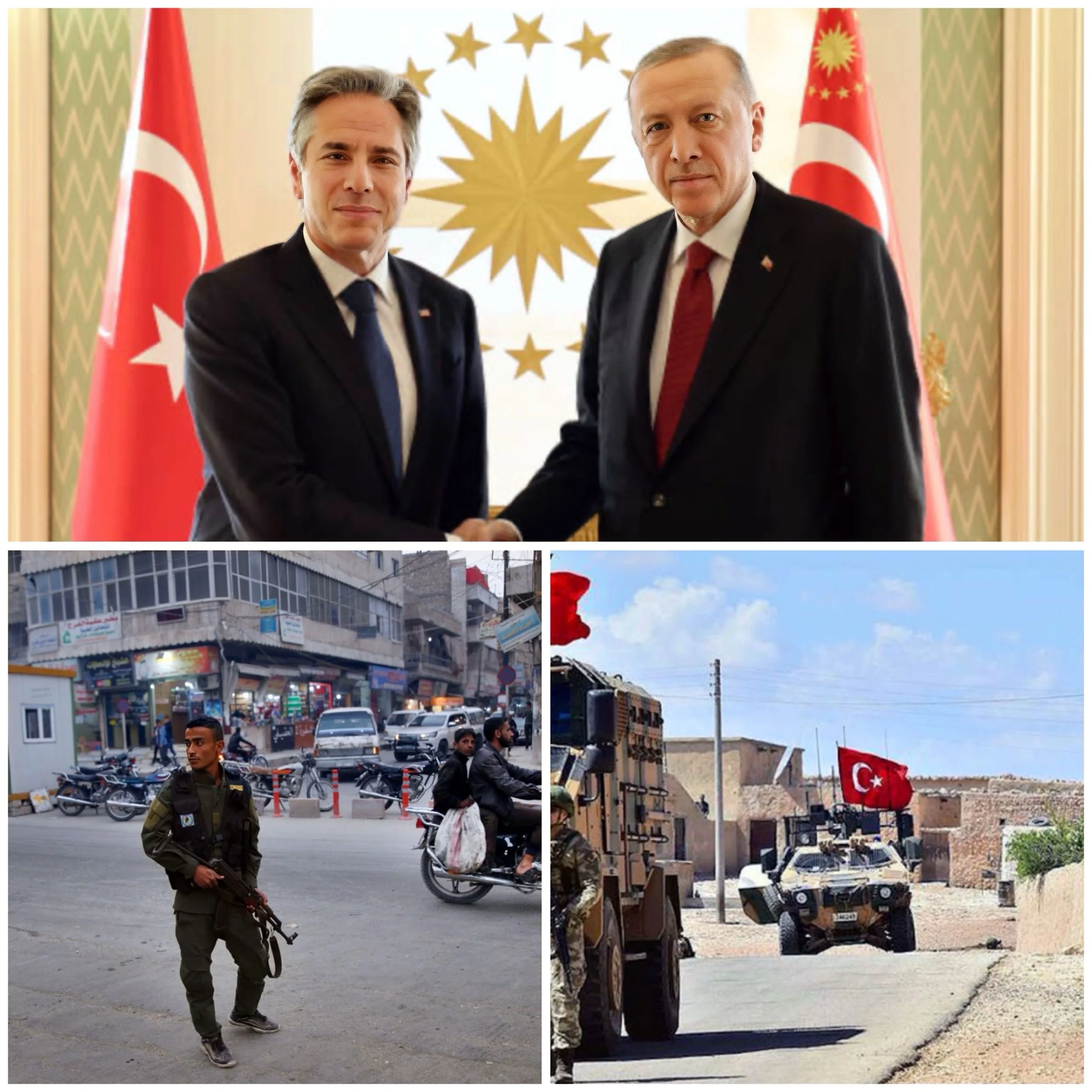Can Saudi’s broker a deal between Syria and Turkey to cease-fire before it escalates
Introduction
Given the current geopolitical landscape and recent developments in the Middle East, it’s unlikely that Saudi Arabia can broker a ceasefire deal between Syria and Turkey in the immediate future. Several factors contribute to this assessment:
Regional Dynamics
Saudi-Syria Relations Saudi Arabia and Syria have only recently begun to restore diplomatic ties after more than a decade of estrangement. While this is a significant step towards normalization, their relationship is still in its early stages and lacks the depth and influence necessary to mediate a complex conflict involving Turkey.
Turkey’s Objectives
Turkey’s involvement in Syria is primarily driven by two key factors
The desire to accelerate the forced return of Syrian refugees
The determination to deny Kurdish aspirations for autonomy, particularly in northeast Syria
These objectives are deeply rooted in Turkey’s domestic and foreign policy, making it challenging for external actors like Saudi Arabia to influence their stance.
Ongoing Tensions
Turkish-Syrian Conflict Recent events indicate that tensions between Turkey and Syria remain high. In September 2024, the Syrian government delegation walked out of an Arab League Council meeting when the Turkish Foreign Minister’s speech was announced. This demonstrates that significant obstacles still exist in normalizing relations between the two countries.
Kurdish Issue Turkey views the YPG (People’s Protection Units) in northeast Syria as an extension of the PKK (Kurdistan Workers’ Party), which it considers a terrorist organization. This perception complicates any potential ceasefire negotiations, as Turkey’s security concerns regarding Kurdish autonomy are a primary driver of its involvement in Syria.
Saudi Arabia’s Position
Limited Influence While Saudi Arabia has been working to restore its relations with Syria, its influence in the region has been somewhat diminished due to past foreign policy setbacks. The kingdom is currently focused on economic reforms and its Vision 2030 objectives, which may limit its capacity to engage in complex diplomatic mediation.
Regional Priorities Saudi Arabia’s primary concerns in Syria have been:
Reducing the smuggling of Captagon
Pursuing a form of authoritarian stability in the region
Concentrating on economic reforms
These priorities may not align directly with the goal of brokering a ceasefire between Syria and Turkey.
Conclusion
While Saudi Arabia’s recent efforts to normalize relations with Syria are a positive step towards regional stability, the country’s ability to broker a ceasefire between Syria and Turkey is limited. The complex nature of the conflict, Turkey’s strategic objectives, and Saudi Arabia’s current regional priorities make it unlikely that Riyadh can effectively mediate a ceasefire in the near term. A more comprehensive, multilateral approach involving other regional and international actors would likely be necessary to address the ongoing tensions between Syria and Turkey.






